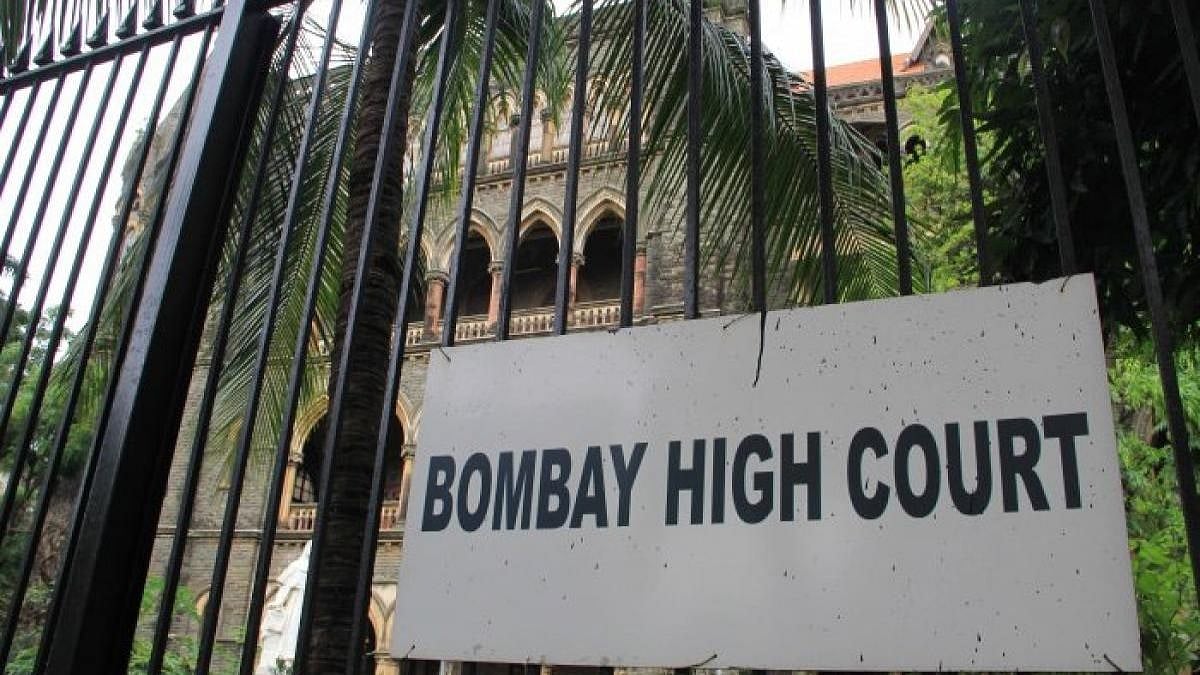Mumbai: The Bombay High Court (HC) has ruled that only instant triple talaq—also called Talaq-e-Biddat—is banned under the law, and not the traditional method of divorce known as Talaq-e-Ahsan.
A bench of Justices Vibha Kankanwadi and Sanjay Deshmukh, sitting at the Aurangabad bench of the HC, quashed a 2024 FIR filed by a woman in Jalgaon against her husband and in-laws under Section 4 of the Muslim Women (Protection of Rights on Marriage) Act. This section criminalizes instant triple talaq with punishment of up to three years in jail.
The court clarified that only those forms of Talaq which have an instantaneous and irrevocable effect fall under the purview of the law.
“Under the Act, what has been described in the definition of Talaq is instantaneous and irrevocable. Talaq means Talaq-e-Biddat or any other form of Talaq which has an instantaneous or irrevocable effect. All other forms of Talaq are not prohibited or barred,” the bench observed.
In this case, the man had given his wife Talaq-e-Ahsan, which involves a single pronouncement of divorce on December 28, 2023, followed by a three-month waiting period (iddat). The final Talaqnama was issued after the 90-day period, during which the couple did not resume cohabitation. The couple signed a Talaqnama on March 24, 2024.
On April 15, 2024, the wife lodged an FIR against the husband and his parents for pronouncing an ‘irrevocable’ divorce, which is punishable under the Muslim Women (Protection of Rights on Marriage) Act, 2019. She argued that the divorce pronounced by her husband was an irrevocable one and therefore should be considered illegal under the Act.
The husband contended that he pronounced the divorce following Talaq-e-Ahsan, which is still a legal means of divorce under Islamic law. “The legal effect of Talaq-e-Ahsan came into play only after 90 days during which the couple had not resumed cohabitation,” the court said.
The couple had married in 2021 but separated in 2023. The husband pronounced Talaq-e-Ahsan in December 2023 in the presence of witnesses. He argued that this form of divorce is not punishable under the Act.
The court also noted that the FIR did not mention any allegations of harassment under the Indian Penal Code. It focused only on the issue of divorce.
Since the divorce was through a legally permitted method and the case was not about domestic abuse, the High Court said: “It would be an abuse of process of law if the case is continued against them.”
